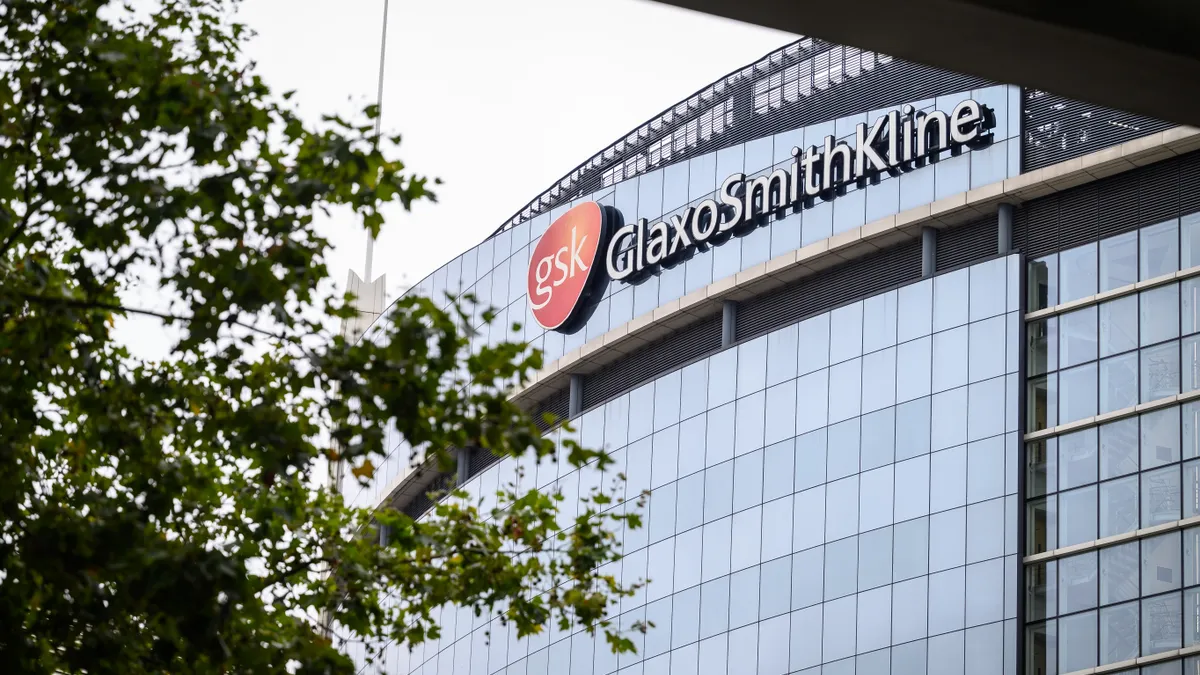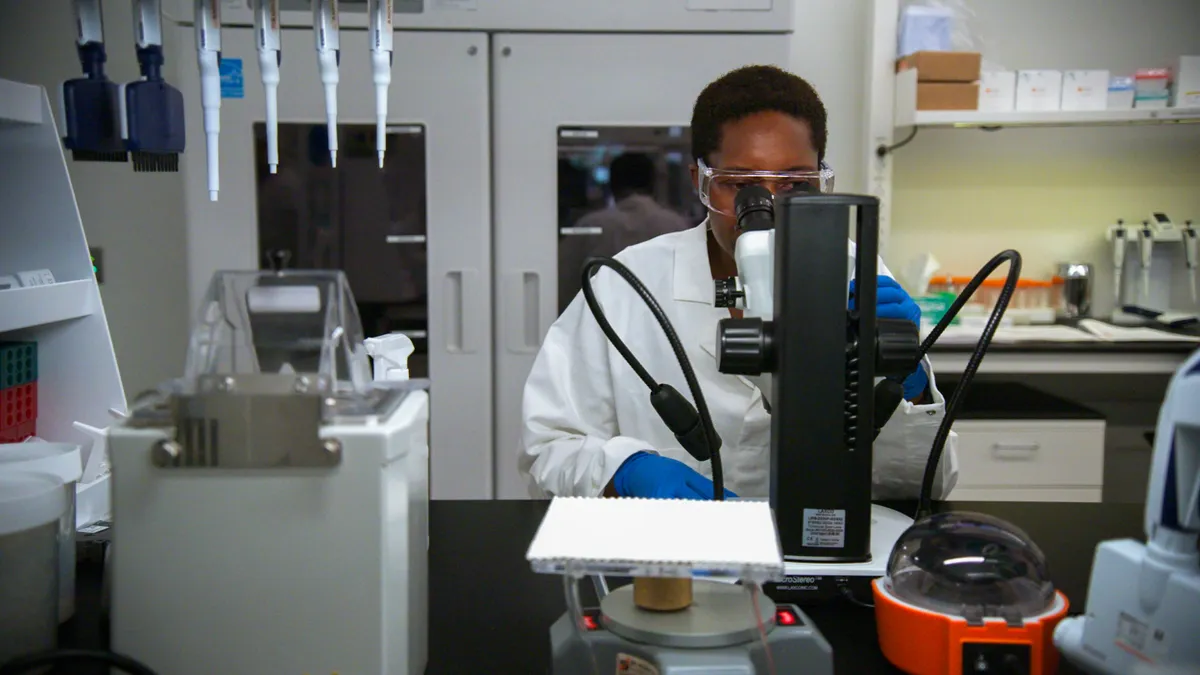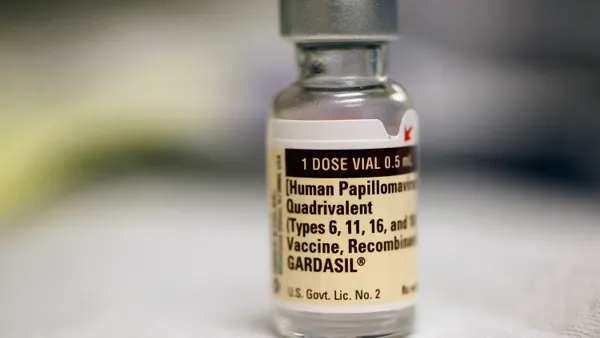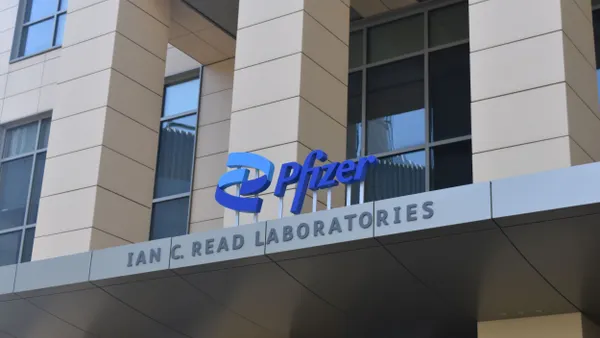Dive Brief:
- GSK will pay $300 million to acquire a bispecific antibody from Shanghai-based Chimagen Biosciences that it believes has the potential to treat autoimmune diseases like lupus.
- The drug, which is currently in Phase 1 testing for cancer in the U.S. and China, is what’s known as a “T cell engager.” It binds to two cell surface proteins called CD19 and CD20, which GSK notes could help deplete malfunctioning B cells.
- In a Tuesday statement, GSK said it plans to begin a Phase 1 trial of Chimagen’s drug sometime next year, assuming the proposed licensing deal clears customary regulatory review.
Dive Insight:
GSK’s deal with Chimagen is similar to another struck in August by Merck & Co. with Curon Biopharmaceutical that also focused on a bispecific antibody seen as a promising treatment for autoimmune diseases. Both are part of an industry-wide dash to test drug types most commonly used in cancer against conditions driven by uncontrolled B cells.
The development race was sparked by data from academic studies that indicated CAR-T cell therapies, until now used almost exclusively to treat lymphomas and leukemias, may also be potent medicines for autoimmune conditions. Further testing has so far supported that enthusiasm, prompting research pivots from at least a half dozen cell therapy developers.
Now, drugmakers are considering whether bispecific antibodies may be a simpler approach to getting the same kind of treatment effect in diseases like lupus. Such drugs typically work by bringing T cells and diseased B cells into direct contact.
Chimagen’s drug targets two proteins expressed on B cells. GSK says the drug, code-named CMG1A46, has “low affinity” for an immune cell protein known as CD3, which it claims may help avoid side effects associated with T cell engagers.
Through work in multiple kinds of lupus, “we increasingly understand the underlying drivers of B cell-driven diseases,” said Tony Wood, GSK’s chief financial officer, in the company’s statement. “As a novel therapeutic option directed at deep B cell depletion, CMG1A46 offers exciting potential which we are pleased to take forward to address unmet need in lupus and related autoimmune conditions.”














